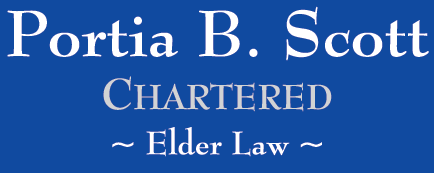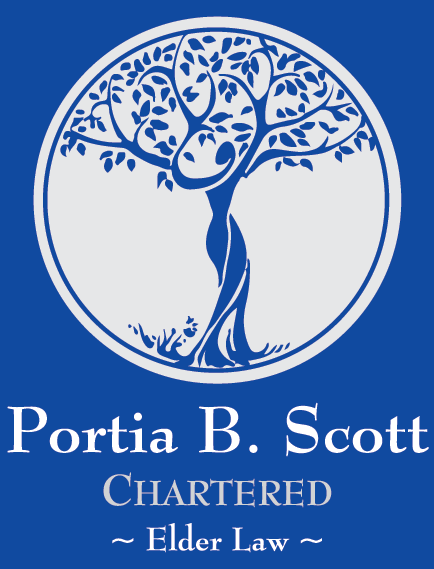Where to turn when no one agrees on what to do.

There have been pilot programs running in eight of Florida’s judicial circuits (our local circuit, the 19th, is not one of them) which were aimed to try to lessen conflict and strife between conflicting family members of a vulnerable adult.
The idea is that in “high conflict” families, such as families whose members cannot agree on what is the best treatment going forward for a loved one, the skills of a neutral person should be employed. “Employed” is the exact term, of course, as there is a fee along with duties including confidentiality, impartiality and integrity.
The goals are to include the vulnerable adult in the process as much as possible, eliminate (or, at least reduce) the hostility which can erupt between otherwise loving family members when the choice of care for their vulnerable adult is not unanimous and, ultimately, allow the vulnerable adult peace at the end of life.
Presently, this Eldercaring Coordination may only be implemented through a court order. Thus, it appears the utility of the program may be limited to Guardianship matters before a Guardian has been appointed, as once a Guardian is appointed, there is little motivation to relinquish the authority granted by the Court to the Guardian.
Critics of Eldercaring Coordination point to possibility of reduction in the authority of the Court-Appointed Guardian, of the requirement of agreement and concomitant issues with enforcement, and the potential abuse limiting the Court’s involvement where the Court’s historic role has been that of Super-Guardian, that is, the supervisor of the Guardian.
The pilot programs were aimed at gathering the information before the drafting of a Statute of implementation, a recognition of the problems of Florida’s initial attempt at a similar style of authority granted under the State’s Parent Coordination laws.
Now, House Bill 441 and Senate Bill 368 are drafted and ready for full Legislative consideration.
The bill, presumedly, will allow a Court who is facing a family in conflict over the proper care for their elderly loved one who cannot make decisions for him or herself, to appoint a “coordinator” who will be empowered to evaluate the situation and provide recommendations to the Court on how best to enrich the elderly person’s life.
So, the coordinator may recommend that the fighting siblings only visit on alternate days; may recommend a one of them to take over the finances with the elderly person’s consent and direction, may even recommend family counseling. Everything would be less restrictive than the alternative: Guardianship.
When dealing with the elderly, it is always best to have options.
Please see Florida Chapter of the Association of Family and Conciliation Courts for more information.
Share this article




